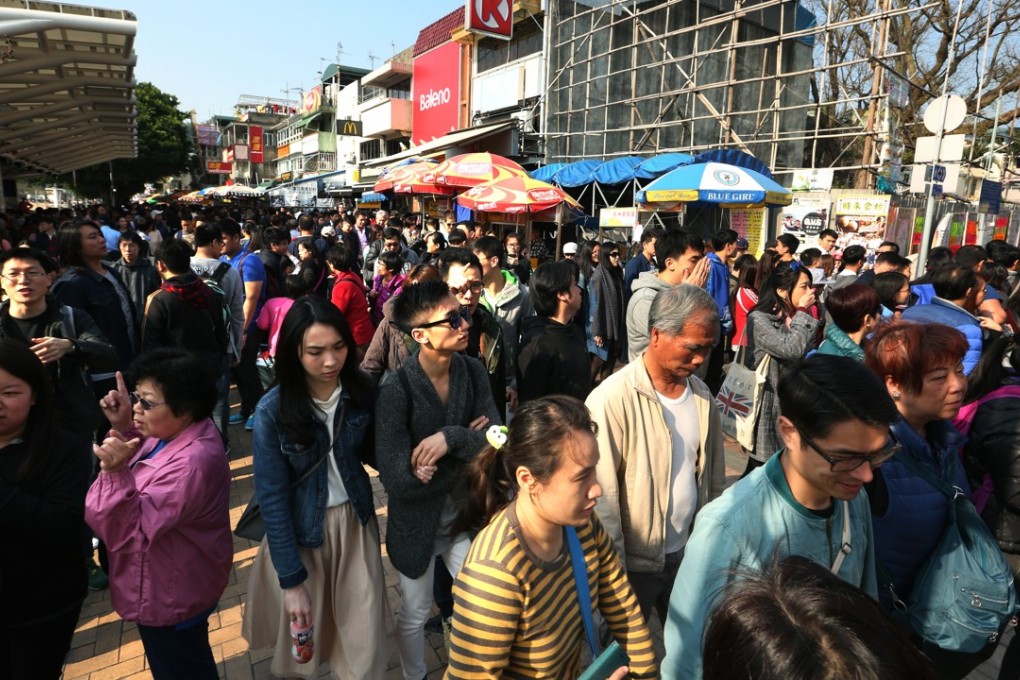
Peaceful island life a myth on Cheung Chau
After finishing my working life, I decided to retire for a while on Cheung Chau.
Having worked in Central, I thought it would be a nice place to move to: somewhere quiet, where I could sit and enjoy the sun, and smell the flowers amid a peaceful environment perfect for reading. How wrong I was. Living here is like being inside a tin drum.
The main cause of this is the motorised delivery trolleys that roar up and down the pedestrianised streets, with no regard for either pedestrians and cyclists, or for wheelchairs and baby strollers. The noise from their engines is 100 decibels or more. Everyone has to get out of their way or risk being knocked down.
There seem to be no regulations controlling them, no restrictions on hours of operation or noise level.
One was operating outside my flat at 7am last Sunday.
A friend of mine living here wrote a letter to the commissioner for transport in 2015, outlining what I have described and asking the same questions, but never received an acknowledgment or a response.